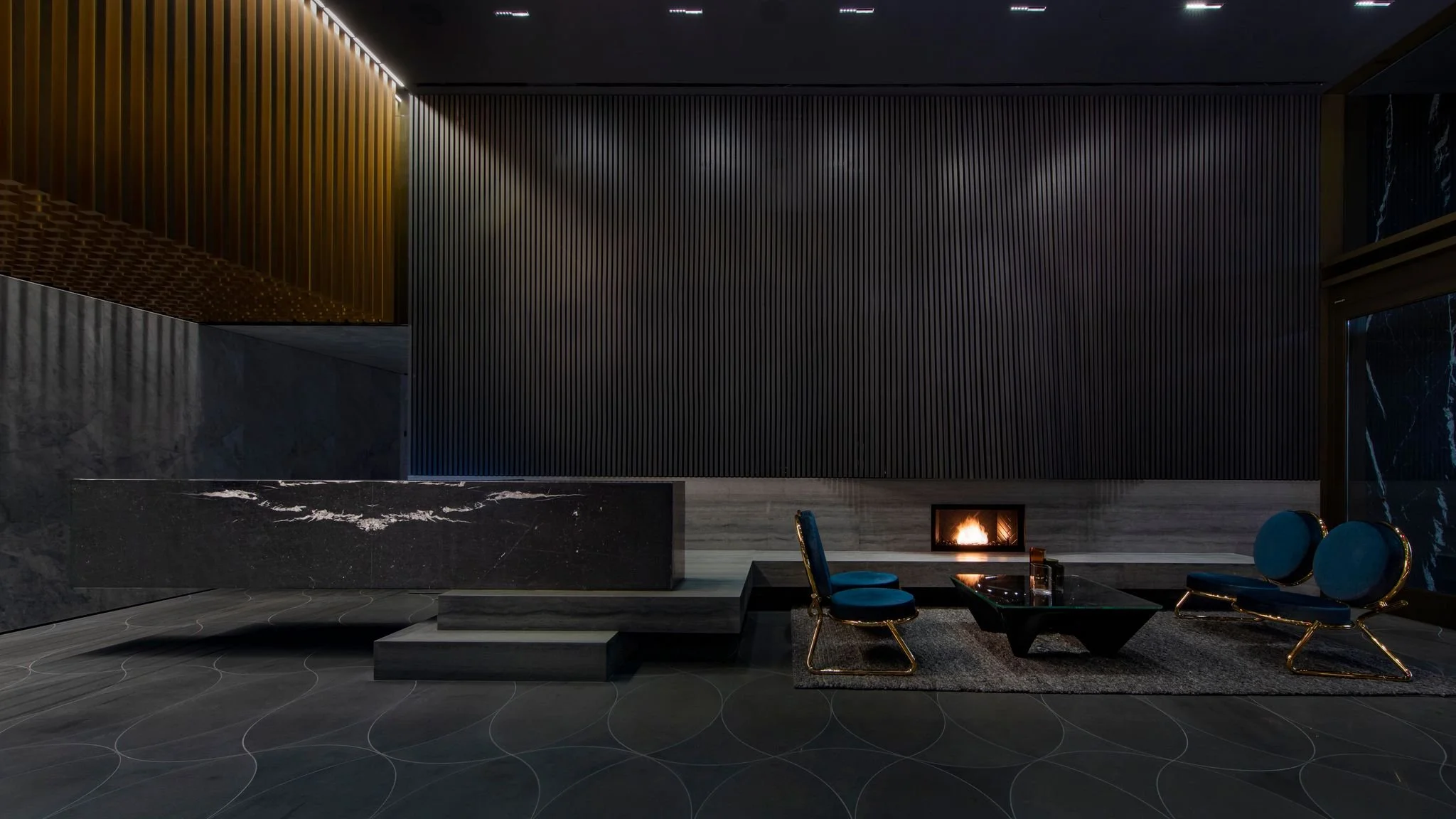How To Determine the Best Location for Your Business
Choosing the right location is a cornerstone of building a successful business, and in a vibrant and diverse metropolis like Miami, this decision carries significant weight. The specific neighborhood or commercial district you select can profoundly impact your visibility, accessibility to target customers, operational costs, and ultimately, your bottom line. Miami's unique landscape, encompassing bustling downtown areas, distinct cultural enclaves, thriving tourist zones, and developing neighborhoods, presents a wealth of opportunities but also requires careful analysis. Factors such as local demographics, foot traffic patterns, proximity to competitors and suppliers, zoning regulations specific to Miami-Dade County, and lease costs must be meticulously evaluated to ensure your chosen spot aligns perfectly with your business model and growth objectives within this dynamic South Florida market.
Content :
Choosing the right location for your business can significantly impact its success so building on the importance of location within Miami's dynamic environment, the next step involves actively researching and analyzing specific potential sites. This means delving into the granular details of different neighborhoods. For instance, are you targeting young professionals, families, or tourists? The demographics of Wynwood, Coral Gables, and South Beach differ vastly, directly influencing your potential customer base. Analyze foot traffic data, but also consider vehicular access and parking availability – crucial factors given Miami's notorious traffic and varying public transit reach across the county. Look beyond just the presence of competitors; evaluate their success and market saturation. Furthermore, navigating Miami-Dade County and individual city zoning ordinances (like those in Miami Beach or Doral) is essential to ensure your business activities are permitted in a chosen location. Don't forget to investigate future development plans in the area, as ongoing or upcoming projects could drastically alter the neighborhood's character, accessibility, and property values, impacting your business in the long run. Below will be taking a look at some more general ideas you may also want to consider for your business.
Reflect on Your Current Space’s Shortcomings
Start by evaluating why your current location no longer fits your business. Are customers struggling to find parking or access your facility? Has your team outgrown your workspace? Understanding the limitations of your current location will help narrow your search for a new one.
If you're in a growing industry, consider how your space might adapt to an expanding team or product range. This reflection is especially useful if you're planning on moving your company's offices, as it prevents repeating mistakes made in your previous setup.
Determine Your Space and Amenity Needs
Once you’ve identified why your current space isn’t working, outline what your ideal location should offer. Consider factors such as square footage, layout, and access to essential amenities. Do you need a storefront with high foot traffic, or is a quieter space better suited to your operations?
Technological infrastructure should also play a key role in your decision. Ensure the space has reliable access to the internet and supports tools critical to your daily operations. Addressing these details ensures you select a space designed for your business’s success.
Create a Budget
Establishing a budget early on keeps you from overspending and lets you focus on realistic options. When evaluating locations, consider initial costs such as lease deposits, renovations, or furniture purchases, which can quickly add up.
Additionally, ongoing expenses such as utilities, commercial property maintenance, insurance, and monthly rent should be factored into your budget to ensure long-term affordability and sustainability. A realistic financial plan ensures you can commit to a space without stretching your resources thin.
Research Market Saturation
When looking for the perfect location, evaluate the local market. If there are already similar businesses nearby, this could either mean a saturated market or a well-established demand. Researching competition and demand will help you decide whether a location holds promise or presents challenges. A solid understanding of the market ensures your business will fit seamlessly into the community and thrive long-term.
Visit Multiple Potential Locations
Once you have done your initial research and narrowed down your potential locations, visit each location in person. This will give you a better sense of the surrounding area and allow you to gauge the potential customer base.
Are there nearby businesses that complement or compete with yours? Does the area match your brand identity? If possible, visit during different times of the day to observe trends in foot traffic and customer behavior. Visiting in person helps you connect the dots that might not be obvious on paper.
Choosing the right business location sets the foundation for your success. A thoughtful approach can help your business expand into a space that supports growth, attracts customers, and fosters long-term success. Take the first step today, and watch as your business flourishes in the right setting.
Have a listing you think should be featured contact us or submit here to tell us more! Follow Off The MRKT on Twitter and Instagram, and like us on Facebook.


